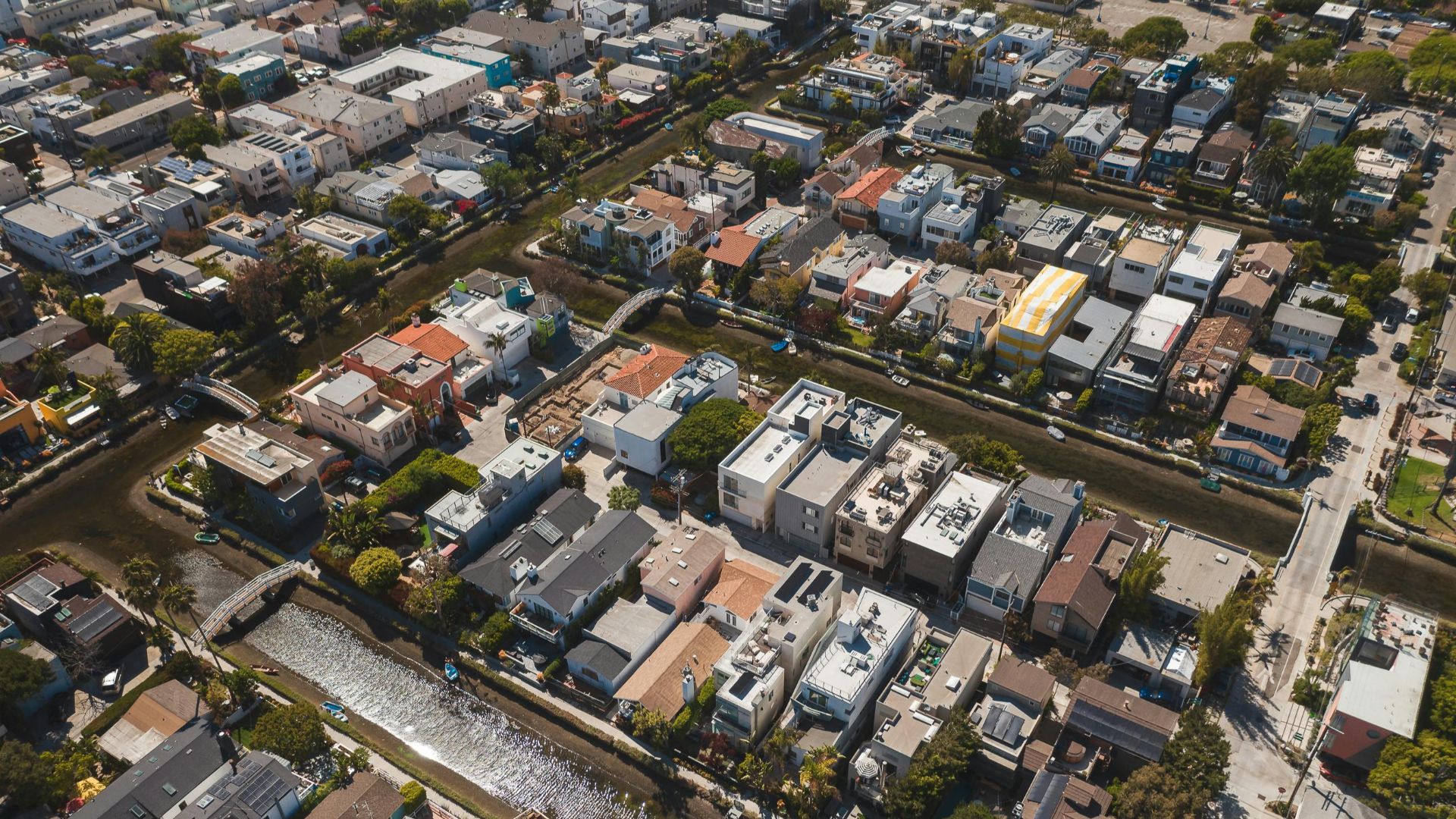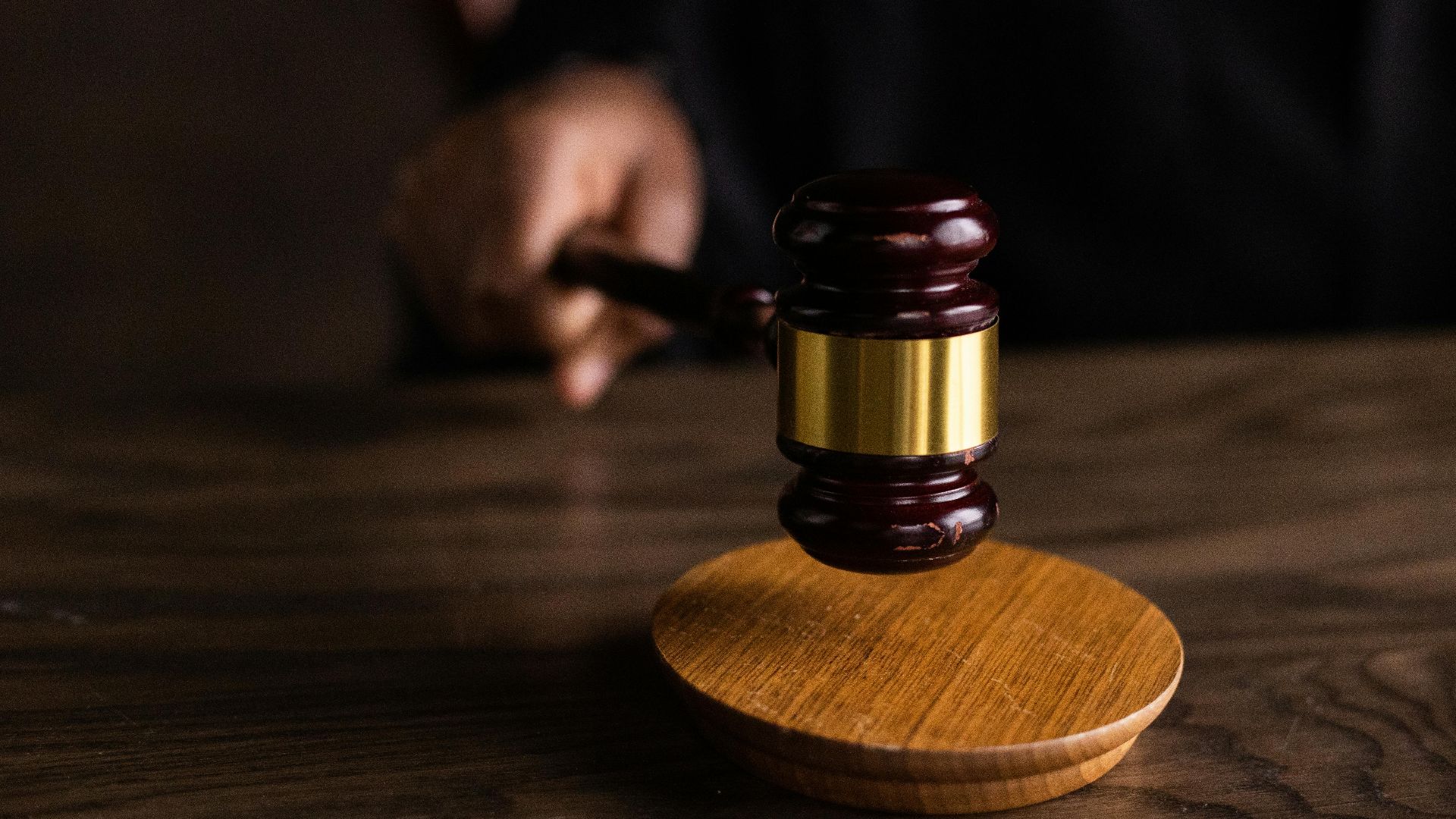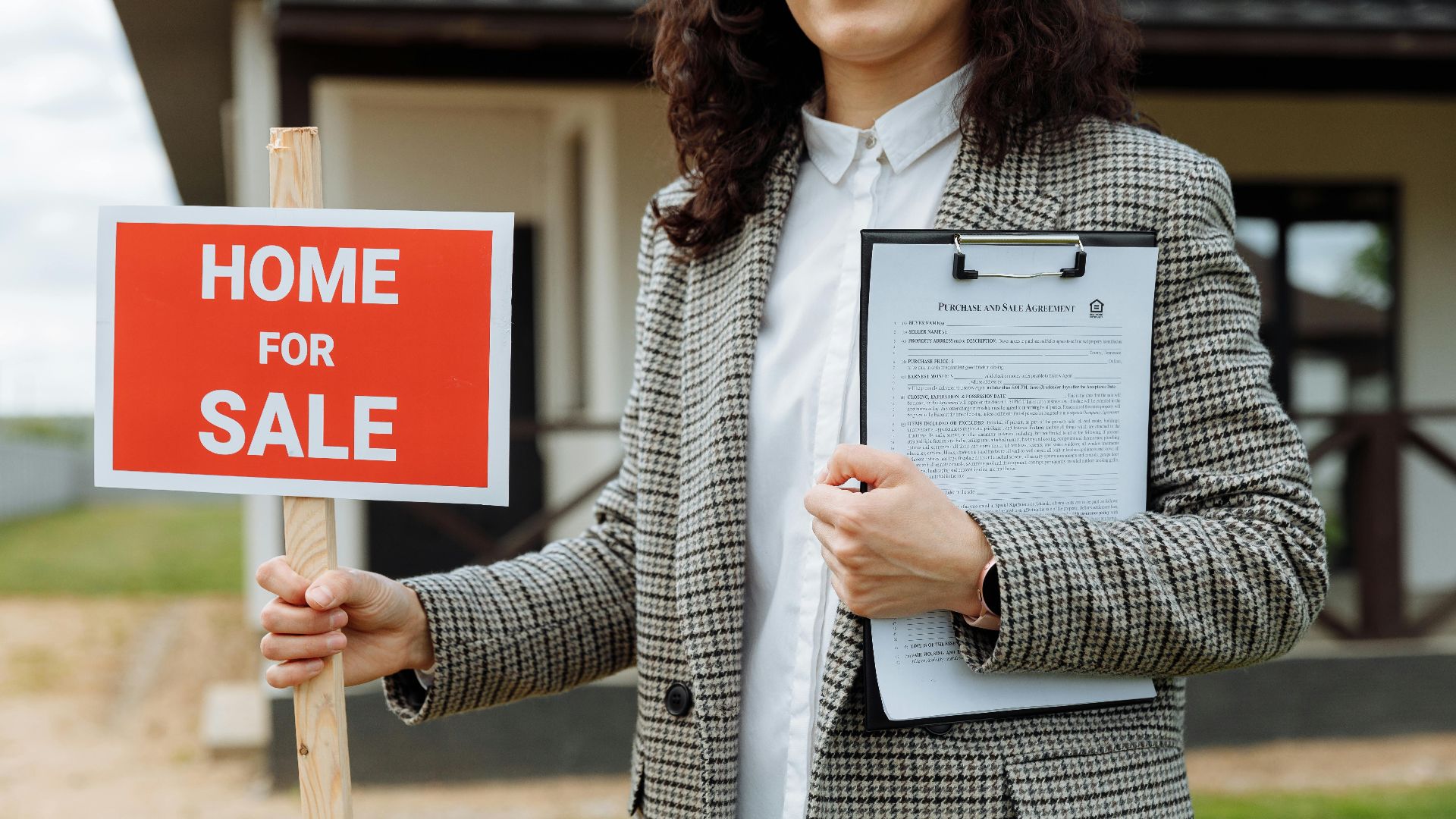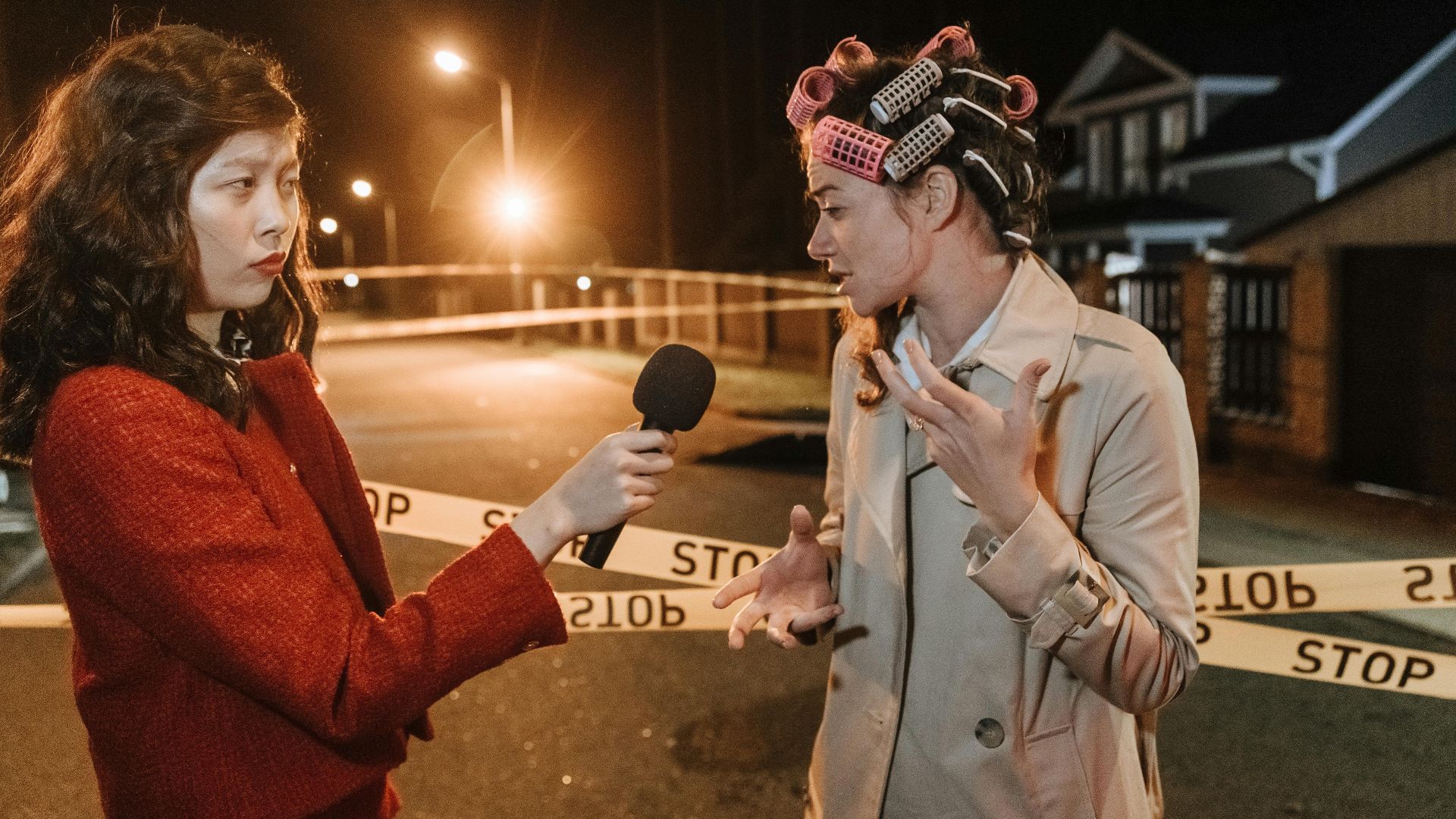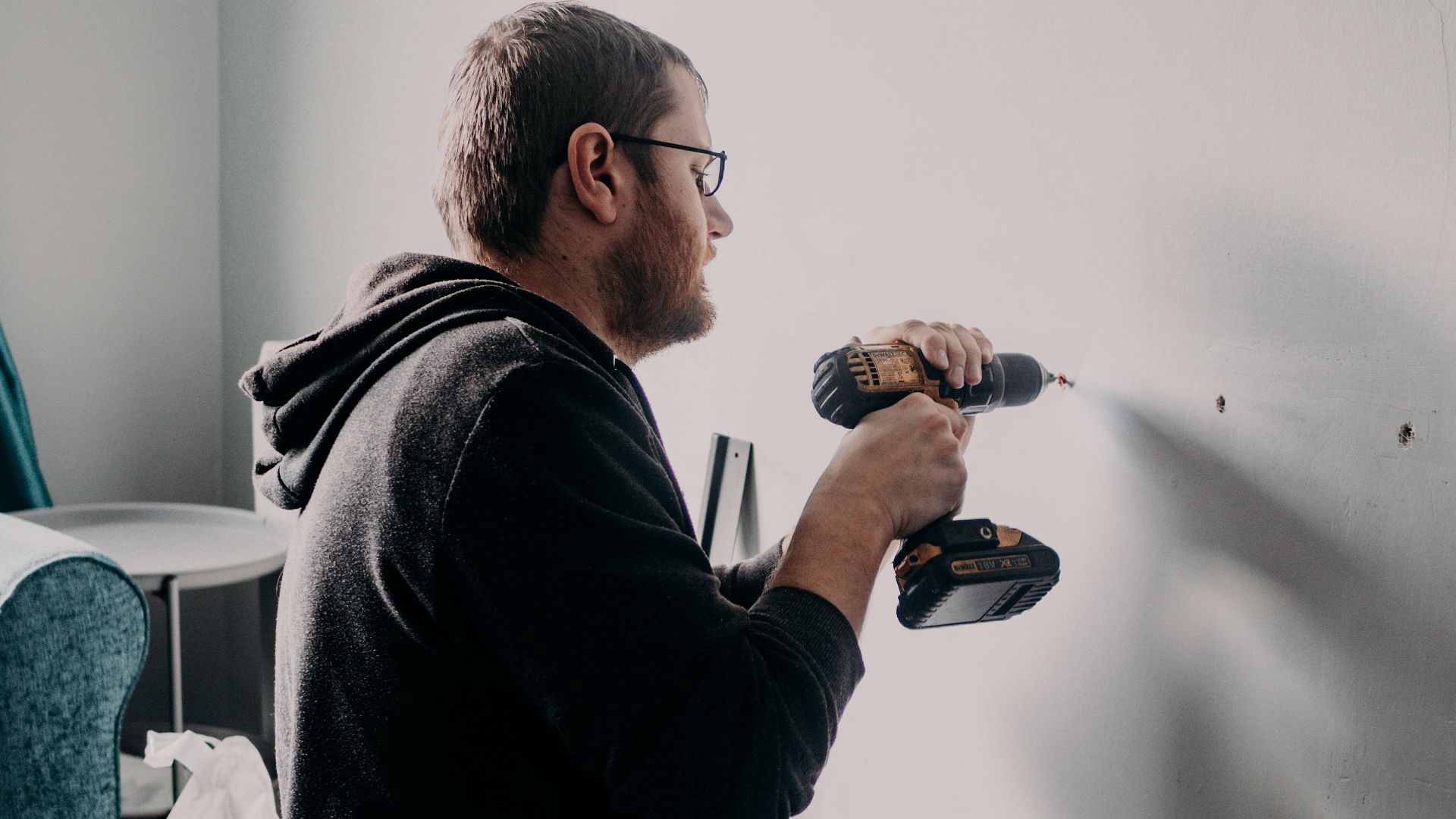An Airbnb Nightmare
You just want a peaceful weekend, but instead, you're dealing with bass-thumping music, overflowing trash, and rowdy strangers stumbling out of the house next door. Your neighbor turned their place into an Airbnb, and it’s become Party Central. So what can you do about it? From noise complaints to zoning laws, here’s how to fight back—peacefully, legally, and effectively.

Start With A Calm Conversation (If You Can)
Before going full Karen (no offense), try a respectful approach. If the owner lives nearby or manages the listing directly, a calm conversation can sometimes resolve things faster than getting authorities involved. Let them know about the noise and how often it’s happening. They may not be aware how bad it’s gotten. Try to come from a place of cooperation—you might avoid a long battle if they’re receptive.
Document The Noise
Keep a written log of each incident with the date, time, and what happened. Record audio or video if it’s safe to do so, especially if it clearly shows a party or disruptive behavior. This documentation will be important if you end up filing a complaint with the city, police, or Airbnb. It also shows you’re not just exaggerating.
Find Out Who Owns The Property
Check online property records through your city or county website to find the legal owner of the property. Sometimes, the Airbnb host is just a property manager. If the actual owner lives out of state or runs multiple listings, they may be unaware of what’s happening. Having the right name lets you direct complaints to the person who can make decisions about the property.
Reach Out To The Host Through Airbnb
You can message the host through the Airbnb platform. Be polite but firm—describe the issue and ask them to inform their guests about noise rules. Keep all communication on Airbnb’s site so it’s documented. If they ignore or dismiss your message, you can escalate.
Report The Listing To Airbnb
Airbnb has a 'Neighborhood Support' page where you can report noise, parties, or unsafe conditions: https://www.airbnb.com/neighbors. Airbnb will review complaints and may contact the host, issue a warning, or in repeat cases, remove the listing. Be detailed and submit supporting evidence when possible. Airbnb is also more likely to act if they receive multiple reports from different neighbors.
Check Local Short-Term Rental Laws
Many cities regulate or ban short-term rentals. These rules may require registration, limit how often a property can be rented, or restrict them to certain zones. If your neighbor hasn’t followed these laws, they could face fines—or be forced to stop renting. Call your local city planning department or search your city’s website to learn more.
Report Code Violations Or Permit Issues
If the property lacks proper permits or violates local codes, report it to your city’s code enforcement office. Issues like too many cars, overcrowding, fire hazards, or illegal renovations can all trigger investigations. Code enforcement has the power to fine or shut down illegal Airbnbs. You can usually file complaints anonymously.
Call The Non-Emergency Police Line During Parties
You don’t need to suffer through loud music or drunk strangers. Call your police department’s non-emergency line to report noise disturbances in real time. Ask for an incident report or case number for your records. Repeated calls help build a pattern and may encourage officers to contact the host or property owner directly.
Use Local Noise Ordinances To Your Advantage
Most cities have quiet hours, usually starting around 10 pm. If your neighbor’s Airbnb guests are violating these rules, report it. Officers can issue fines or warnings, which add pressure on the owner to fix things.
Band Together With Other Neighbors
One voice is easy to ignore, but a group of fed-up neighbors is powerful. Talk to others on your street to see if they’ve also been disturbed. Collect signatures for a petition, or file joint complaints. This united front can help get the attention of city officials, HOAs, or Airbnb faster.
Attend A City Council Meeting
Your local city council may have a public comment period during meetings. Use this to raise awareness about the disruptive Airbnb. Show up with your documentation and invite neighbors to speak too. Hearing from residents often motivates cities to step up enforcement or change laws.
Check For HOA Rules (If Applicable)
If you live in a community with an HOA, check the bylaws. Many HOAs restrict or ban short-term rentals. If the property violates the rules, report it to the HOA board. They can issue fines or even file lawsuits to stop non-compliant rentals.
Look Into Zoning Restrictions
Short-term rentals may not be allowed in your zoning area. Zoning laws vary, but some cities limit Airbnbs to commercial zones or main roads. Violations can lead to fines, revocation of rental licenses, or even forced closure.
File A Public Nuisance Complaint
You may be able to file a public nuisance complaint if the Airbnb is seriously affecting your life. This involves documenting repeated disturbances, and proving they go beyond normal neighbor noise. Many cities take nuisance cases seriously, and they can result in the city stepping in to restrict or shut down the rental.
Contact A Local Attorney (If Things Escalate)
If you’ve tried everything and the noise continues, it may be time to talk to a lawyer. A cease-and-desist letter from an attorney can often scare an owner into cleaning up their act. They can also help you sue for damages if your property value or peace of mind has taken a hit.
 Photo By: Kaboompics.com, Pexels
Photo By: Kaboompics.com, Pexels
Don’t Take Matters Into Your Own Hands
It’s tempting to get petty or confront guests directly—but don’t. Escalating things yourself could backfire legally or make you look like the bad neighbor. Stick to documented, legal channels. It protects your credibility if the situation goes further.
 Photo By: Kaboompics.com, Pexels
Photo By: Kaboompics.com, Pexels
Monitor The Listing Online
Keep an eye on the Airbnb or Vrbo listing. Note when bookings happen and what rules (if any) are posted. If the host is advertising “great for parties,” that’s useful evidence. Reviews from past guests can also show a pattern of noise or overcapacity.
 Photo By: Kaboompics.com, Pexels
Photo By: Kaboompics.com, Pexels
Consider Filing A Civil Suit (As A Last Resort)
If the Airbnb is causing emotional distress or property damage, you might have grounds for a lawsuit. You’ll need strong documentation and ideally witness statements. It’s not cheap—but it can force the owner to take things seriously or settle privately.
Make The Case That It's Hurting Property Values
Constant parties and traffic may lower nearby home values. Bring this up in HOA meetings or with city officials. Point to listing photos or trash problems as proof. This kind of argument can sway people in power who care about the long-term health of the neighborhood.
Check For Insurance And Liability Violations
Some cities require Airbnb hosts to carry specific liability insurance. If they don’t, that could be a code violation. Ask city hall what’s required. Insurance gaps can be a legal wedge to push for shutdown.
Know When To Escalate To Airbnb's Trust And Safety Team
If regular reporting isn’t working, ask Airbnb to escalate the issue to their Trust and Safety team. Include your evidence, history of complaints, and how the listing violates policies. This team can suspend or permanently remove problematic listings.
Use The Media (As A Nuclear Option)
Some local news outlets love stories about party house disasters. If your city won’t act, consider pitching your story. Media pressure can push officials or Airbnb to act fast. Just make sure you’re ready for public attention.
Understand That Change Might Take Time
Unfortunately, most of these complaints won’t result in overnight fixes. You may need to report things multiple times or wait for a pattern to build. Persistence, documentation, and follow-up are key. Don’t give up after just one email or call.
If All Else Fails, Consider Soundproofing Your Own Space
While you work through complaints and enforcement, take steps to protect your peace. Noise-canceling curtains, white noise machines, and insulation upgrades can help. It’s not ideal, but it gives you breathing room until you get a lasting solution.
Yes, You Can Make It Stop
You’re not powerless. Between legal tools, city codes, and Airbnb’s own system, you have real options. Document everything, follow up consistently, and don’t be afraid to escalate. You deserve a quiet home—and with enough persistence, you can absolutely get it back.
You May Also Like:














